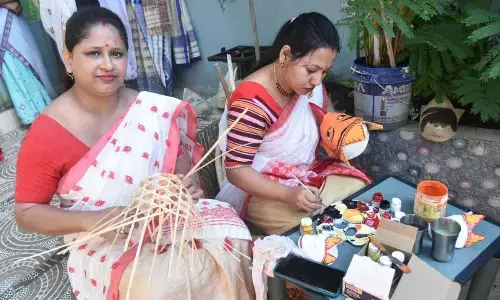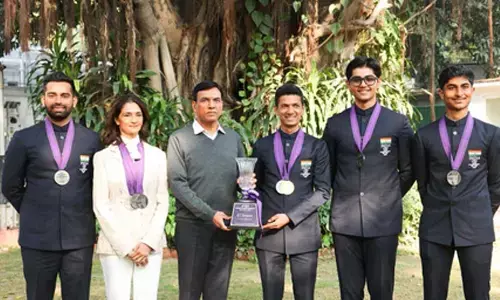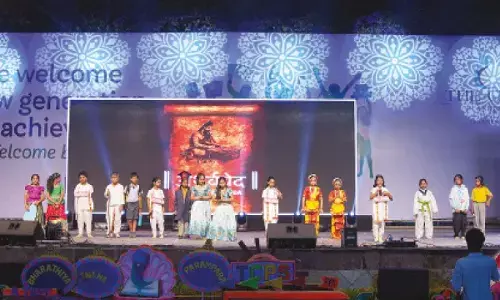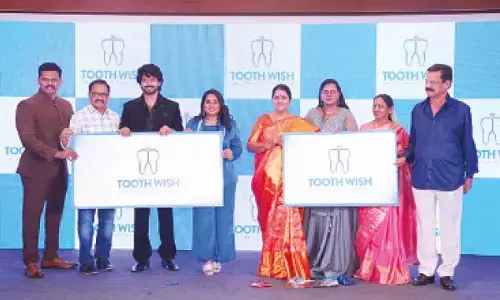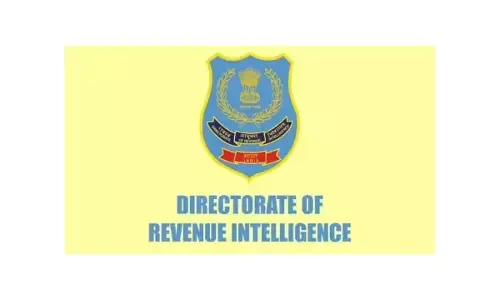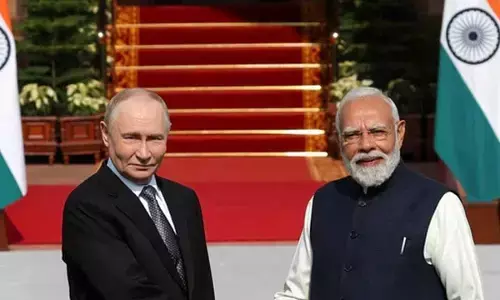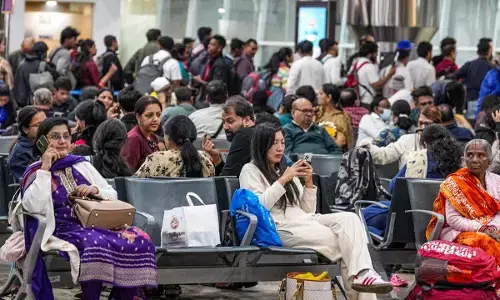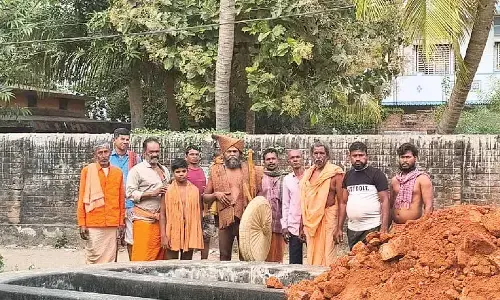EWS quota fraud on the Constitution, dividing country along caste line, petitioners to Supreme Court
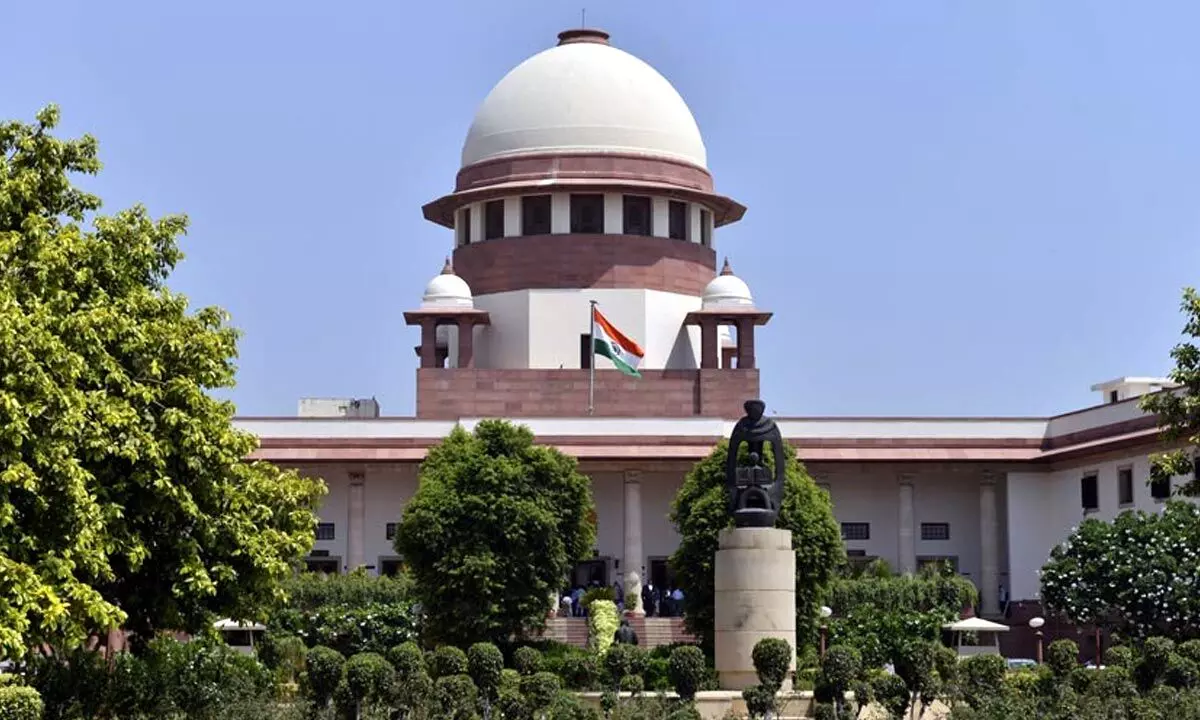
Supreme Court of India
The Supreme Court on Tuesday began hearing arguments on petitions challenging the validity of the 103rd Constitutional Amendment, enacted in 2019 to provide a 10 per cent quota to economically weaker sections (EWS) in government jobs and admissions.
New Delhi: The Supreme Court on Tuesday began hearing arguments on petitions challenging the validity of the 103rd Constitutional Amendment, enacted in 2019 to provide a 10 per cent quota to economically weaker sections (EWS) in government jobs and admissions.
Legal scholar G. Mohan Gopal, representing some petitioners, submitted before a bench headed by Chief Justice U.U. Lalit and comprising Justices Dinesh Maheshwari, S. Ravindra Bhat, Bela M. Trivedi, and J.B. Pardiwala, that the 103rd Amendment is a fraud on the Constitution and the ground reality is that it is dividing the country along caste lines.
Terming the amendment an attack on the constitutional vision of social justice, he said that in his state, Kerala, he is not happy to say that the government issued an order for EWS and the title was 'caste' and they were all most privileged castes in the country.
Gopal argued that social and educational backwardness are two wings on which reservations rely upon and if these are removed, it would crash. He vehemently argued that the amendment will change the identity of the Constitution in the minds of people as something, which protects the privileged instead of the weak. He added that there are structural conditions, which keep certain communities poor and reservation was introduced to give representation in education and government jobs.
Reiterating the amendment was an attack on the constitutional vision of social justice, he said reservation is only needed to ensure representation so that it does not eat up equality in opportunity, which is the backward classes' concern.
Gopal submitted the EWS quota excludes socially and educationally backward classes and only forward classes receive the benefits, and it results in violation of the principles of social justice and equality, which infringes the basic structure of the Constitution.
He said the 103rd Amendment seeks to nullify and neutralise the Constitution's idea of treating unequal unequally, and also socially and educationally backward class criteria, includes economically weaker sections. There cannot be social backwardness without economic weakness and they go hand in hand, he added.
Gopal contended that if this was really an economic reservation, it would be given to poor people irrespective of their caste, however, it was not done.
"We are not interested in reservation.. interested in representation. If someone brings a better way of representation than reservation, we will throw away the reservation...," he said.
He stressed that equality was always a demand of backward classes and not the elite classes, as the backward classes needed equality and they have asked for representation.
The top court will continue to hear the matter on Wednesday.
On September 8, Attorney General K.K. Venugopal had suggested the key issues, including whether the 103rd Constitutional Amendment can be said to breach the basic structure of the Constitution by permitting the state to make special provisions, including reservation, based on economic criteria?
The others were whether the Constitutional Amendment can be said to breach the basic structure of the Constitution by permitting the state to make special provisions in relation to admission to private unaided institutions? And, can the amendment be said to breach the basic structure of the Constitution also in excluding the SEBCS/OBCs/SCs/STs from the scope of EWS reservation?
The five-judge Constitution bench, headed by Chief Justice Lalit, said the three issues suggested by the AG broadly covered all the aspects raised in the petitions challenging the constitutional validity of the 103rd Constitutional Amendment.
The Centre had earlier told the apex court that a 10-per cent EWS quota was introduced to promote social equality by providing equal opportunities in higher education and employment to those who were excluded due to their economic status.
A three-judge bench of the apex court in August 2020, had referred the pleas questioning its validity to the Constitution bench.









